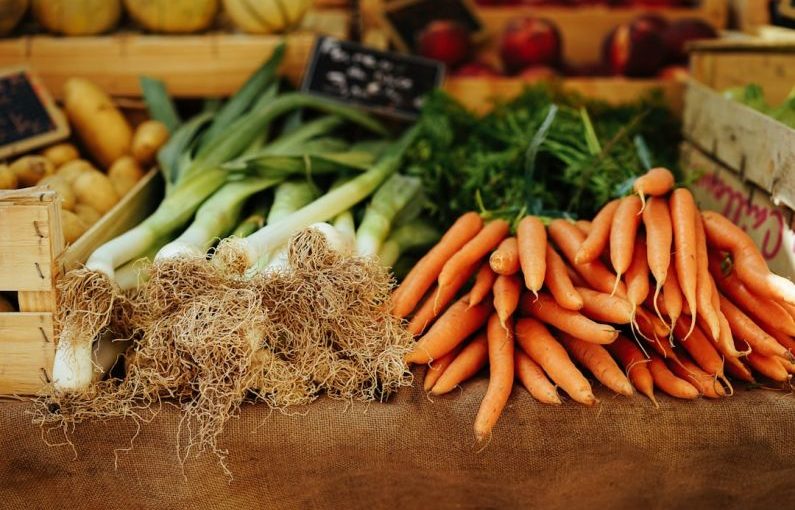As global awareness of food production practices and sustainability grows, the farm-to-table movement has gained significant traction in recent years. This culinary philosophy emphasizes the direct sourcing of ingredients from local producers, promoting fresher, healthier, and more environmentally friendly dining experiences. From bustling urban centers to remote rural communities, farm-to-table restaurants and markets offer consumers the opportunity to connect with the origins of their food in a meaningful way. Let’s explore how this movement is shaping the way we eat and appreciate food across the globe.
Exploring Local Flavors in Italy
When it comes to celebrating fresh and seasonal ingredients, Italy stands out as a beacon of culinary excellence. The concept of farm-to-table dining is deeply ingrained in Italian food culture, with a strong emphasis on regional specialties and traditional cooking methods. In cities like Florence and Rome, visitors can indulge in authentic farm-to-table experiences by dining at restaurants that source their produce directly from local farms and markets. From fragrant olive oils to ripe tomatoes and artisanal cheeses, Italian cuisine showcases the vibrant flavors of the Mediterranean landscape.
Sustainable Practices in Scandinavia
In the Nordic countries, sustainability and innovation are at the forefront of the farm-to-table movement. Chefs in Sweden, Denmark, and Norway are known for their commitment to using locally sourced and organic ingredients in their dishes. By forging strong partnerships with farmers, fishermen, and foragers, Scandinavian restaurants are able to offer diners a true taste of the region’s pristine natural environment. Whether it’s foraged berries in Finland, line-caught fish in Norway, or organic vegetables in Denmark, the farm-to-table experience in Scandinavia is a celebration of purity and simplicity.
Diversity in Farm-to-Table Offerings in the United States
In the United States, the farm-to-table movement has flourished in diverse culinary landscapes, from the vineyards of California to the seafood markets of New England. While the concept of farm-to-table dining may vary from coast to coast, its essence remains the same: a commitment to supporting local farmers and producers while delivering exceptional quality and flavor to diners. Whether you’re savoring farm-fresh produce in the heartland of America or enjoying sustainably sourced seafood on the East Coast, the farm-to-table experience in the U.S. is a testament to the country’s rich agricultural heritage and culinary creativity.
Asian Influences on Farm-to-Table Cuisine
In Asia, the farm-to-table movement is gaining momentum as chefs and consumers alike recognize the importance of sustainable food practices. Countries like Japan, Thailand, and Vietnam are embracing farm-to-table principles by highlighting the freshness and quality of locally grown ingredients in their traditional dishes. From farm-fresh sashimi in Tokyo to organic rice paddies in Bali, Asian cuisine showcases the deep connection between food, culture, and the natural environment. By prioritizing seasonality and provenance, farm-to-table restaurants in Asia offer a unique culinary experience that celebrates the region’s rich agricultural traditions.
Embracing the Farm-to-Table Lifestyle
Beyond the realm of restaurants and markets, the farm-to-table movement has inspired individuals around the world to cultivate their own connection to the food they eat. Community-supported agriculture programs, rooftop gardens, and urban farming initiatives are all part of a growing movement towards sustainable and self-sufficient food practices. By embracing the farm-to-table lifestyle, people can not only enjoy the freshest ingredients but also support local farmers, reduce their carbon footprint, and foster a deeper appreciation for the origins of their food.
In conclusion, the farm-to-table movement is more than just a culinary trend – it’s a philosophy that celebrates the beauty and bounty of the natural world. Whether you’re dining in a Michelin-starred restaurant in Paris or enjoying a picnic on a farm in New Zealand, the farm-to-table experience offers a unique opportunity to savor the flavors of the earth in their purest form. By choosing to support local producers and embrace sustainable food practices, we can all play a part in creating a healthier and more delicious world for generations to come.





